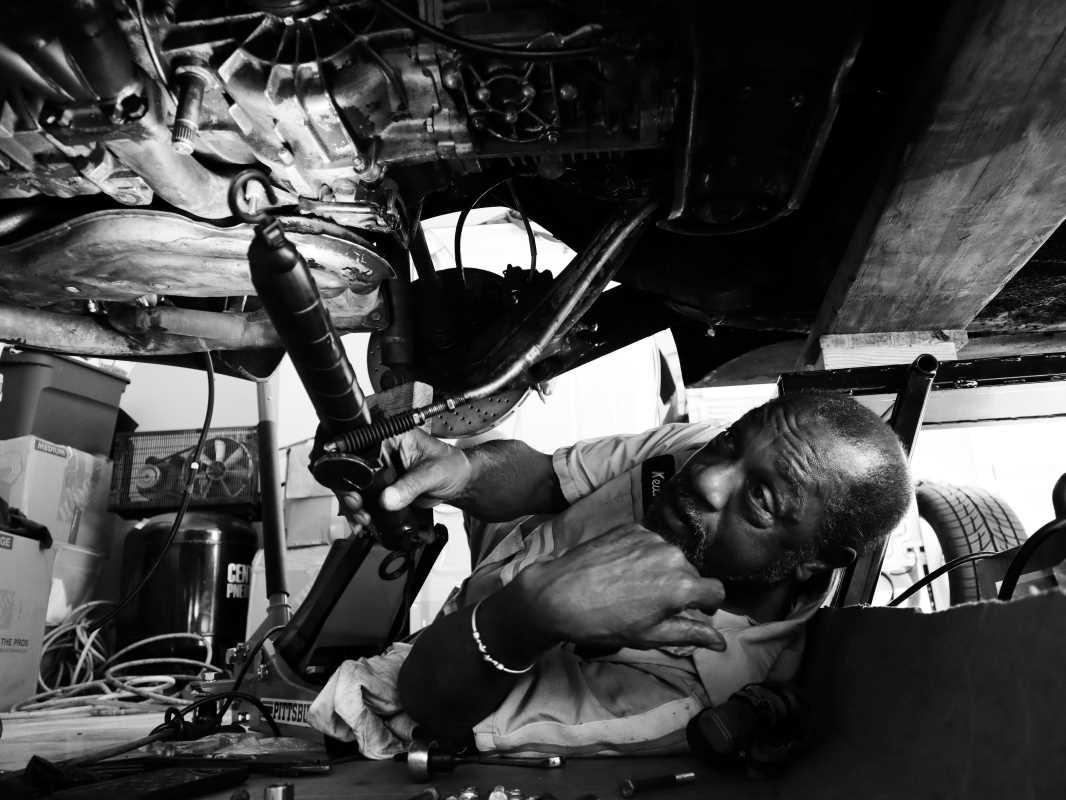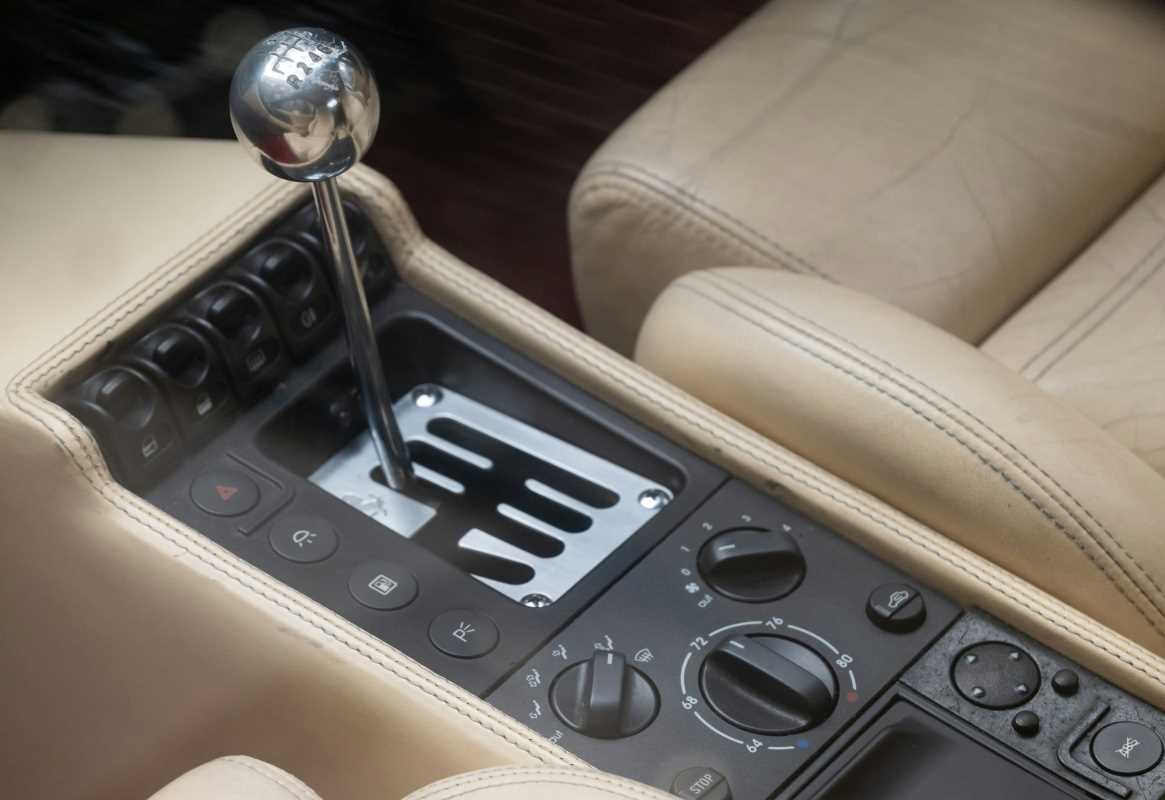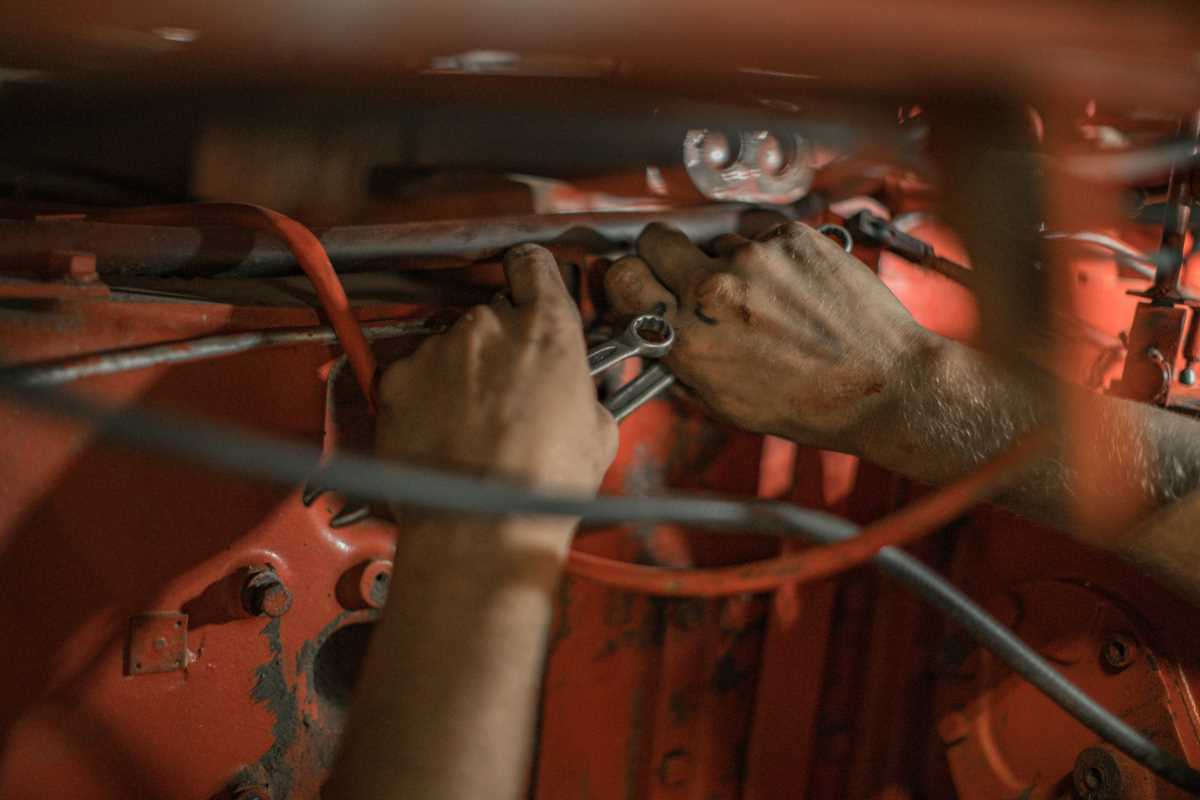Owning a car is like being in a long-term relationship. You invest time, money, and effort, and in return, it takes you everywhere you need to go. But, like any relationship, neglect can lead to disaster. Luckily, routine maintenance is the secret sauce to keeping your car happy and running smoothly for years to come.
With a little TLC and a dash of routine care, your vehicle can stay road-ready and outlast your expectations. Here are five key maintenance tips to keep your car humming along beautifully.
Keep the Oil and Filters in Check
Think of oil as your engine’s lifeblood. It lubricates, cools, and cleans the internal components, ensuring everything runs like a well-orchestrated symphony. Without regular oil changes, this vital fluid can break down and get filthy, turning from a hero into a villain for your engine.
Most manufacturers recommend oil changes every 3,000 to 5,000 miles for conventional oil or up to 7,500 miles if you're using synthetic. But, before you get carried away, check your owner's manual for specific guidelines. And while you’re at it, don’t forget the oil filter. A clogged oil filter is like drinking water through a straw filled with marshmallows, not ideal.
Dirty air filters and fuel filters also impact your car's performance. An air filter choked with grime makes your engine work harder to breathe, while a neglected fuel filter can lead to hesitation and poor fuel economy. Swap these out as recommended, and watch your car purr like a contented cat.
Maintain Proper Tire Health
Your tires are literally where the rubber meets the road, so give them the attention they deserve. Poor tire maintenance not only shortens their lifespan but also reduces fuel efficiency, affects handling, and puts you at risk of dangerous blowouts.
Start with tire pressure. Most cars have a sweet spot for tire PSI, which you’ll find conveniently listed on a sticker inside the driver's door or in your owner's manual. Under-inflated tires can cause uneven wear and overwork your engine. Over-inflated ones? Well, they’re just an expensive excuse for frequent tire replacements.
Next up, tire rotation. Rotating your tires regularly helps ensure they wear evenly. Uneven wear is like wearing out one shoe on a pair of sneakers while the other remains pristine, not ideal, not practical. Aim to rotate them every 5,000 to 7,000 miles unless your manual says otherwise.
Finally, keep an eye on tread depth. If it’s looking more like a racing slick than an all-season tire, it’s time for a replacement. And don’t forget to check alignment and balance periodically for a smoother, more fuel-efficient drive.
Stay Cool with a Healthy Cooling System
Think of your car’s cooling system as its personal air conditioner and doctor rolled into one. It keeps the engine from overheating, which, trust us, is something you do not want to experience on a hot summer day. Overheating can lead to costly repairs (think warped heads or busted gaskets).
Start with the coolant. It’s not just colorful fluid; it’s a mix of water and antifreeze that regulates engine temperature. Over time, coolant can degrade and accumulate debris, so a periodic flush (typically every two to three years) is necessary. Top it off when needed but always stick to the recommended coolant type in your vehicle’s manual.
Inspecting hoses and radiators is equally vital. Cracks, leaks, or bulges in your radiator hoses can quickly turn a simple errand run into an impromptu breakdown adventure. Pay attention to the thermostat too! It’s a small component but has a mighty role in maintaining engine temperature equilibrium.
Maintain this system properly, and your car will be cool, calm, and collected, even on scorching asphalt.
Stay on Top of Brake Maintenance
Brakes are often taken for granted until that horrible grinding sound turns every stop into a gulp-worthy concern. But preventative brake care doesn’t have to be an afterthought. Staying on top of this maintenance item could save a life, not to mention your wallet.
Brake pads are the most commonly serviced part of the system. Over time, they wear down from the friction of stopping your car thousands of times. Worn-out pads can harm brake rotors and escalate repair costs exponentially. Listen for warning signs like squeals or scrapes and check your brake pad thickness regularly.
Brake fluid is another essential. This hydraulic liquid doesn’t get enough credit but is critical for transmitting the force needed to stop the car. Over time, it can absorb moisture, reducing its efficiency and potentially damaging parts. Bleeding and replacing the brake fluid every couple of years ensures stability and responsive braking.
If you’re into peace of mind (who isn’t?), add regular inspections for rotors, calipers, and lines to the mix. A little brake care goes a long way.
Keep the Battery and Electrical System in Shape
Batteries are the unsung heroes of modern vehicles. They power everything from your ignition to your radio to your USB-charged devices, but they don’t last forever. Most car batteries have a lifespan of three to five years, but problems can arise sooner.
Start with basic care. Keep the terminals clean and free of corrosion. That white, crusty buildup you see? It doesn’t belong. A simple cleaning with a mix of baking soda and water can restore proper connection and prolong battery life.
Regularly check your battery's charge. Many local auto parts stores offer free testing, or you can invest in a handy at-home tester. This step is especially important before extremes in weather, as both hot summers and bitter winters can sap a battery's strength faster than anticipated.
The electrical system involves more than just the battery. Inspect your alternator, which charges the battery and powers systems while the engine runs. A failing alternator can leave you stranded with a drained battery. Lastly, don’t neglect fuses, wiring, and lights. A flickering dashboard light could be a warning of bigger issues.
Other Quick Tips to Keep in Mind
Routine maintenance doesn’t stop at the big-ticket items. Smaller checks and tweaks can also have a remarkable impact on your car’s longevity:
- Swap in fresh windshield wipers regularly for clearer visibility.
- Check your lights (headlights, brake lights, turn signals) to ensure they’re all functioning.
- Keep your car clean, inside and out. Dirt and grime can wear down paint and lead to rust, especially if you live in an area where road salt is used.
Being consistent with these habits ensures you avoid neglecting corners that can snowball into major repairs later.
Why Maintenance Matters
Routine maintenance is the secret to making your car not just a tool today but a reliable companion for the future. Skipping out on care might save you time this month, but the long-term cost, in time, money, and frustration, is rarely worth it.
Besides, taking care of your car isn’t just about saving money or avoiding roadside misery. It’s also good for the environment. A well-maintained engine burns fuel efficiently, reducing emissions and your carbon footprint.
Enjoying the Long Road Ahead
If cars could talk, they’d probably say, “Treat me right, and I’ll take care of you.” Create a maintenance routine, stick to it faithfully, and feel the satisfaction of knowing your car could hit milestone odometer readings without breaking a sweat. A little attention now ensures plenty of smooth miles ahead.
Your vehicle is one of the biggest investments you’ll make, so show it some love. With these maintenance tips, you’re on the road to a long-lasting, drama-free relationship with your car.
 (Image via
(Image via





